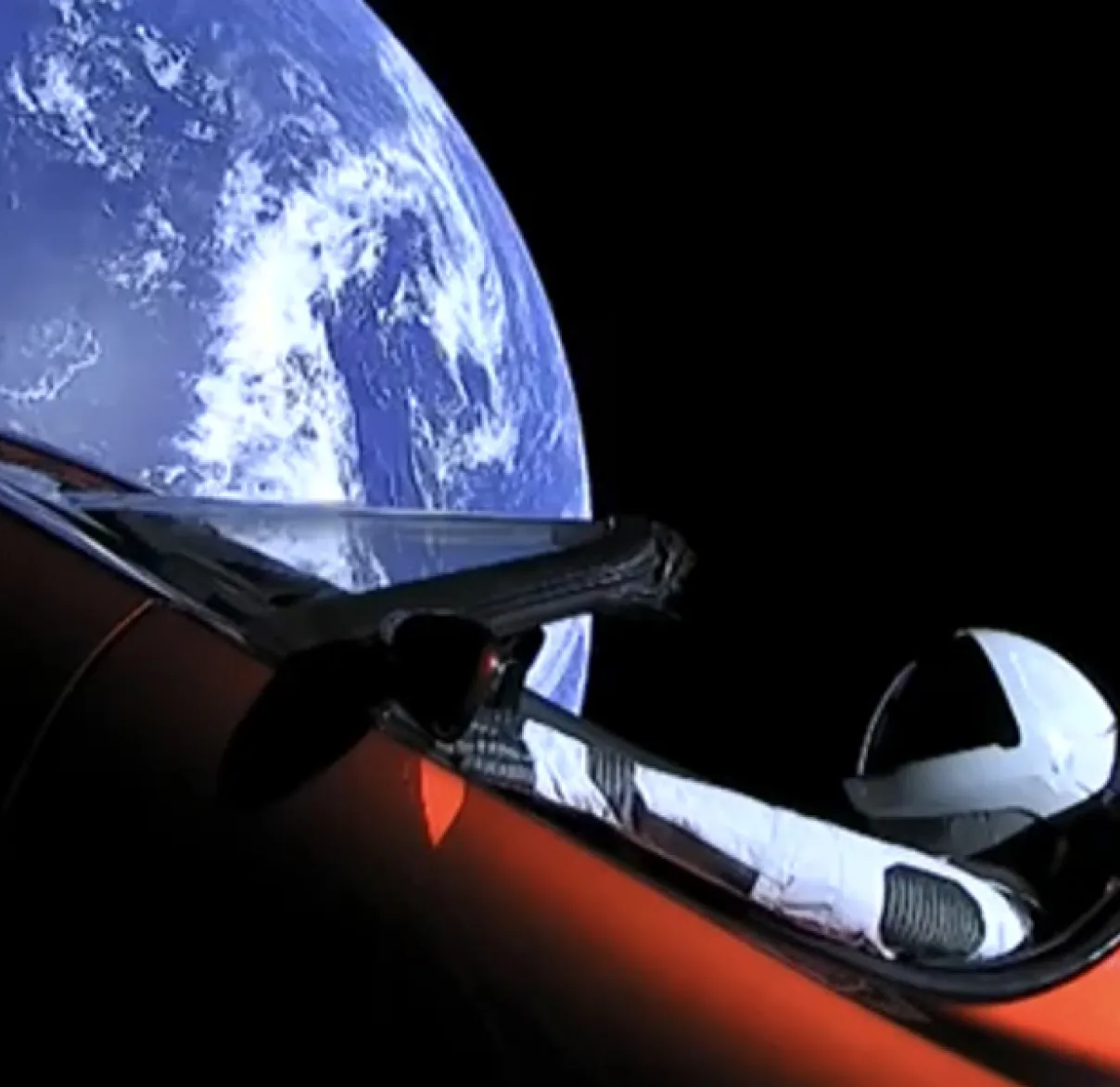Beware the guru
Elon Musk has got himself in hot water with the SEC after months of erratic behaviour. Our head of multi-asset investments, David Coombs, ponders the effects of hubris.

One of the biggest risks in investment is arrogance.
Sometimes, company managers – and fund managers – surround themselves with yes-men and become autocratic in the worst possible way. The best managers enlist people they respect and trust to advise them. And they listen to that counsel, especially when they raise doubts. Perhaps Gerald Ratner could have saved his jewellery empire, if only a trusted consigliere had suggested back in the early ’90s that comparing Ratner earrings to a prawn sandwich was unwise. As it was, his eponymous listed company shed £500m and, eventually, him.
For superstar company managers, this hubris can manifest in different ways, but they tend to end the same way: with large losses for investors.
Martin Sorrell led WPP for so long that he became almost indivisible from the advertising empire he built. It appeared to become his personal fiefdom. Sir Martin was so entrenched in the company that investors didn’t stop to question whether his leadership was best for shareholders and the firm. It wasn’t until he left in a whirlwind and under a cloud that investors pondered whether WPP had been managed as well as it could have been over the past few years.
Or take Tesla’s Elon Musk, a rock-star manager feted by the market, he could seemingly do no wrong. Tesla’s market capitalisation soared above that of industry stalwart Ford (despite producing as many cars in a record-breaking week as Ford does in four hours). Then Mr Musk got sidetracked with an all manner of projects that were in no way linked to making his electric car business a success. He started a bleeding edge tunnelling company, funded by selling flamethrowers, tried to save Thai teenagers with a miniature submarine that was too big for the situation and still had time to send unhelpful tweets that torpedoed Tesla’s share price.
The rise and rise of Tesla and the hype that accompanied it created a huge story that many investors fell in love with. But the losses keep mounting. It turns out that antics considered “kooky” when a company has many billions of dollars in cash increasingly become seen as “dangerous” when the cash level gets closer to empty. Same investors, same company, same craziness. Money really does focus the mind.
There is one rock-star chief executive we do invest with, however: Jeff Bezos, the disruptor-in-chief. Like Mr Musk, Amazon’s chief executive is held in awe by many – including us, as shareholders. Mr Bezos built his world-beating e-commerce titan from an online book depositary. When he launched back in the ’90s, pundits said he would be crushed by Barnes & Noble. How wrong they were. So far, Mr Bezos has resisted the lure of becoming a celebrity chief executive. He’s relatively quiet, he sticks to what he knows and he has a laser focus on improving customer service and innovation.
Mr Bezos has also shown a knack for delivering what shareholders want. In the second quarter, at just the moment when investors began pondering whether Amazon was simply growing for its own sake, it threw off a truly phenomenal amount of profit. This sent the share marching steadily higher.
We are watching closely for any sign of guru-mania at Amazon, but at the moment we see only stone cold professionalism.
